Authored by Stephen Owen (UCSC Economics Department), Ella Ripley-Rodriguez, Molly Jenkins, and Sophie Walsh
Contributions from Undergraduate Research Fellows in the Building Belonging Program
January 2025

This study examines the local impact of California’s Assembly Bill 1228, which implemented a $20 minimum wage for fast food workers, using the city of Santa Cruz as a case study to highlight the many unintended consequences of this legislation. Analysis of quantitative labor market data and qualitative interviews with fast food franchise and independently owned restaurant managers has exposed workforce economic inefficiencies and accelerated changes in operational strategies.
The results indicate a plethora of negative outcomes such as higher menu prices for consumers, reductions in employee working hours, widespread elimination of overtime, and loss of benefits for employees. Further decreases in employee opportunities are being driven by automation and the adoption of labor replacement technologies is accelerating. Though exempt from the new minimum wage law, independent restaurants have also faced negative side effects in the form of upward wage pressures and shrinking operating margins. These findings provide a common sense understanding of the policy’s economic and social effects on local businesses and the labor market in California and Santa Cruz in particular.
This research was supported in part by Building Belonging undergraduate research fellowships from the Institute for Social Transformation at the University of California, Santa Cruz.



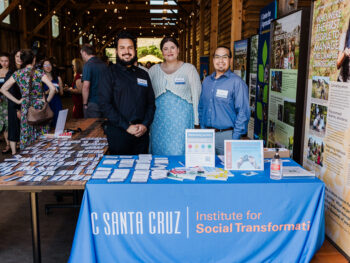
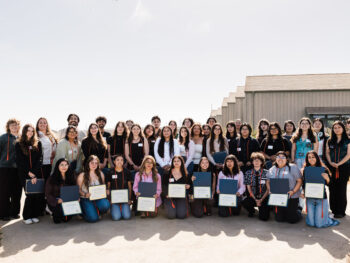

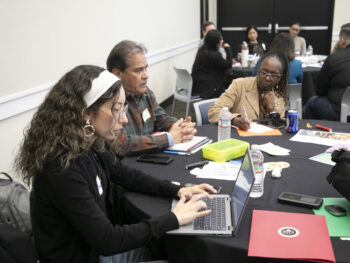
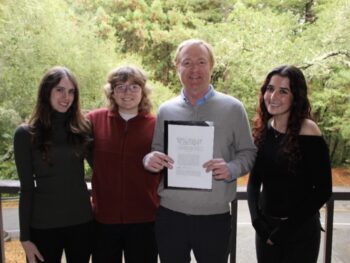
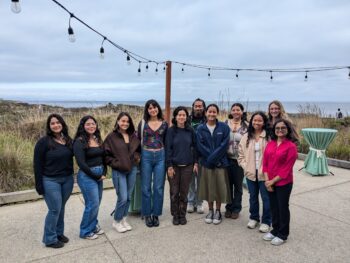
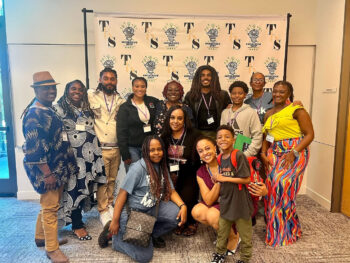
 Student Testimonials from the Transforming Futures 2024 Program
Student Testimonials from the Transforming Futures 2024 Program
